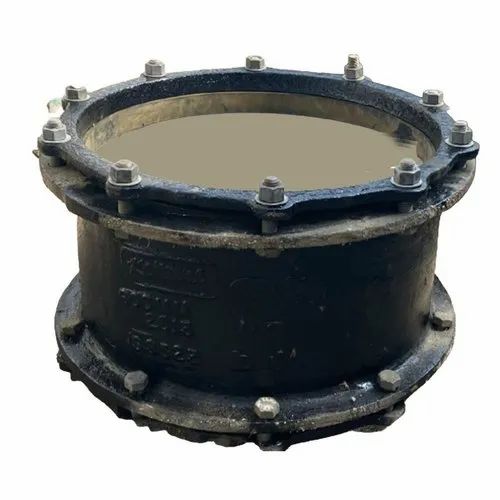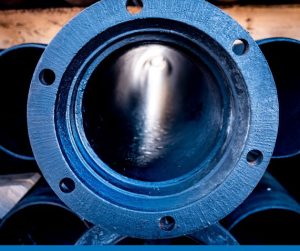
Unleashing Precision and Power: The Pinnacle Advantages of Mechanical Systems
In the dynamic landscape of engineering and technology, mechanical systems stand as the backbone of countless innovations, offering a myriad of advantages that transcend industries. This exploration delves into the multifaceted benefits of mechanical systems, unraveling the intricate layers that make them indispensable in achieving precision, efficiency, and reliability.
1. Precision Engineering for Accuracy:
At the heart of mechanical systems lies precision engineering, a cornerstone that ensures accuracy in various applications. From manufacturing processes to intricate machinery, the ability of mechanical systems to execute precise movements and operations plays a pivotal role in achieving unparalleled levels of accuracy.
2. Powerful and Efficient Energy Transfer:
Mechanical systems excel in harnessing and transferring energy with remarkable efficiency. Whether it's the gears and pulleys in a mechanical transmission or the turbines in a power generation plant, these systems optimize the conversion and transfer of energy, contributing to the efficiency and sustainability of various processes.
3. Versatility Across Industries:
One of the standout features of mechanical systems is their versatility, spanning across a diverse array of industries. From automotive engineering to aerospace, robotics to manufacturing, the adaptability of mechanical systems allows for their integration into an extensive range of applications, making them indispensable in modern technology.
4. Reliability in Harsh Conditions:
In environments where reliability is non-negotiable, mechanical systems shine. Robust construction and durable materials make them well-suited for harsh conditions, such as extreme temperatures, heavy loads, and intense vibrations. This reliability is particularly crucial in sectors like aerospace, defense, and heavy machinery.
5. Automated Precision with Robotics:
The integration of mechanical systems into robotics has revolutionized automation. Precision-controlled movements, speed, and repeatability make robotic systems powered by mechanical components essential in manufacturing, healthcare, and various other fields, enhancing productivity and minimizing errors.
6. Maintenance and Reparability:
Unlike some complex electronic systems, mechanical systems often offer ease of maintenance and reparability. This characteristic minimizes downtime in industrial settings, allowing for efficient troubleshooting, replacement of components, and overall cost-effective maintenance strategies.
7. Cost-Effective Manufacturing Processes:
In the realm of manufacturing, mechanical systems contribute to cost-effectiveness. From assembly lines to CNC machining, the streamlined and efficient processes facilitated by mechanical systems result in reduced production costs, faster turnaround times, and higher overall productivity.
Conclusion:
In the grand tapestry of technological advancement, the advantages of mechanical systems weave a narrative of precision, power, and reliability. This exploration has peeled back the layers, showcasing how these systems, with their precision engineering, energy transfer efficiency, versatility, and reliability, form the bedrock of innovation across industries. As we navigate an era of evolving technology, the role of mechanical systems remains paramount, propelling us toward new frontiers of engineering excellence.


Average Rating